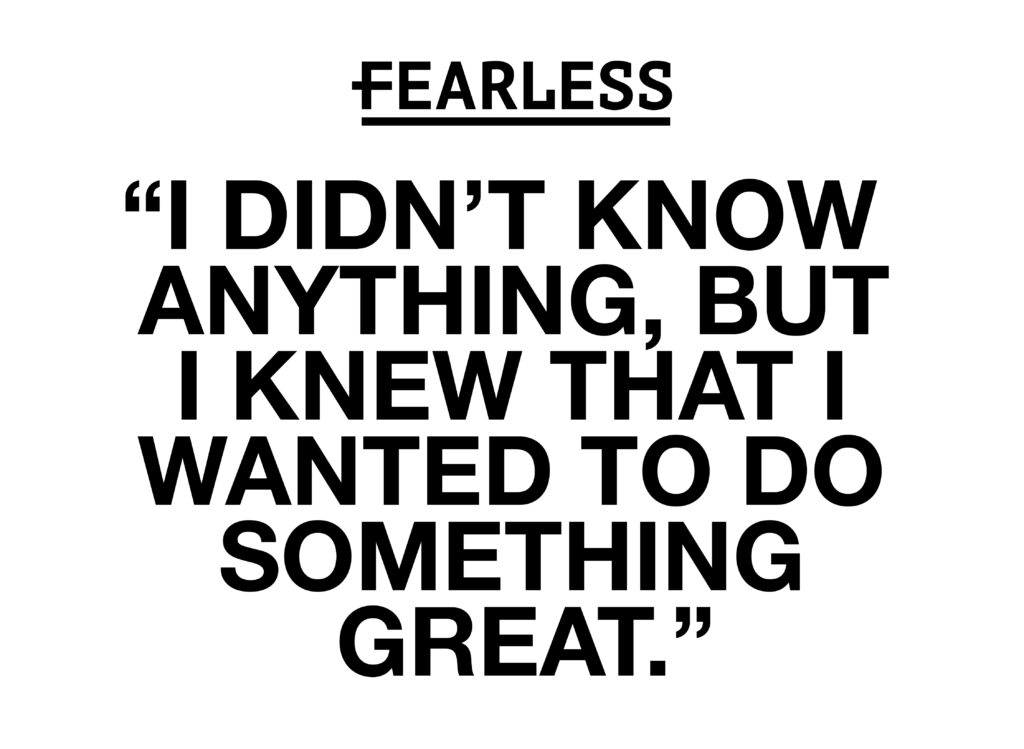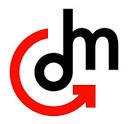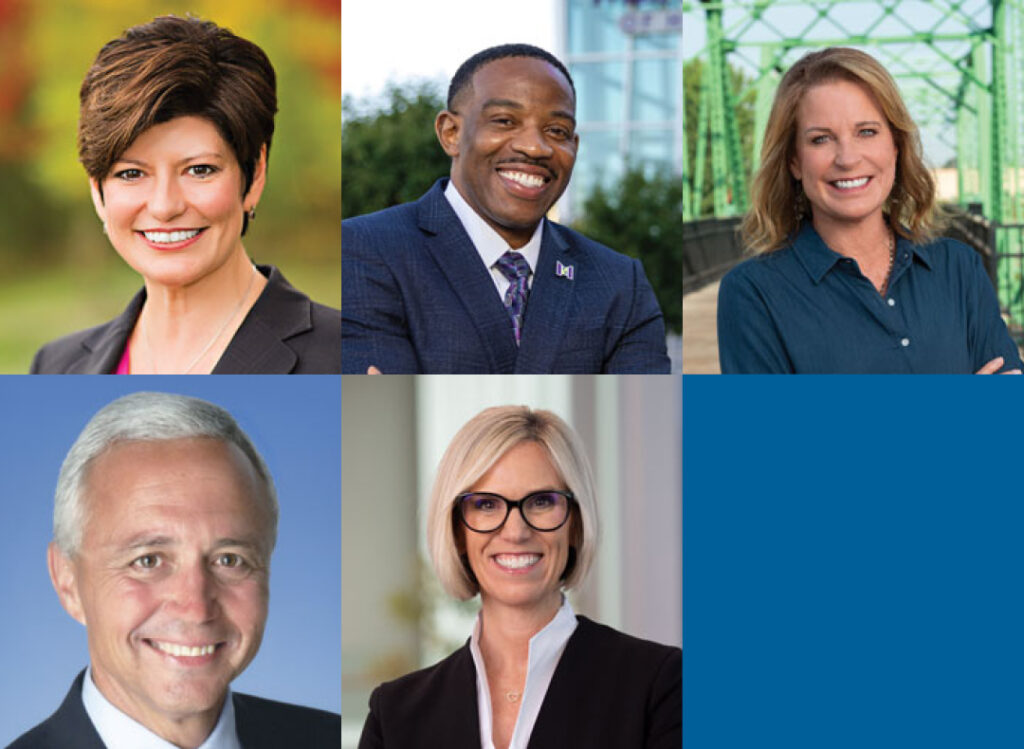Preview: Power Breakfast to focus on multigenerational workforce
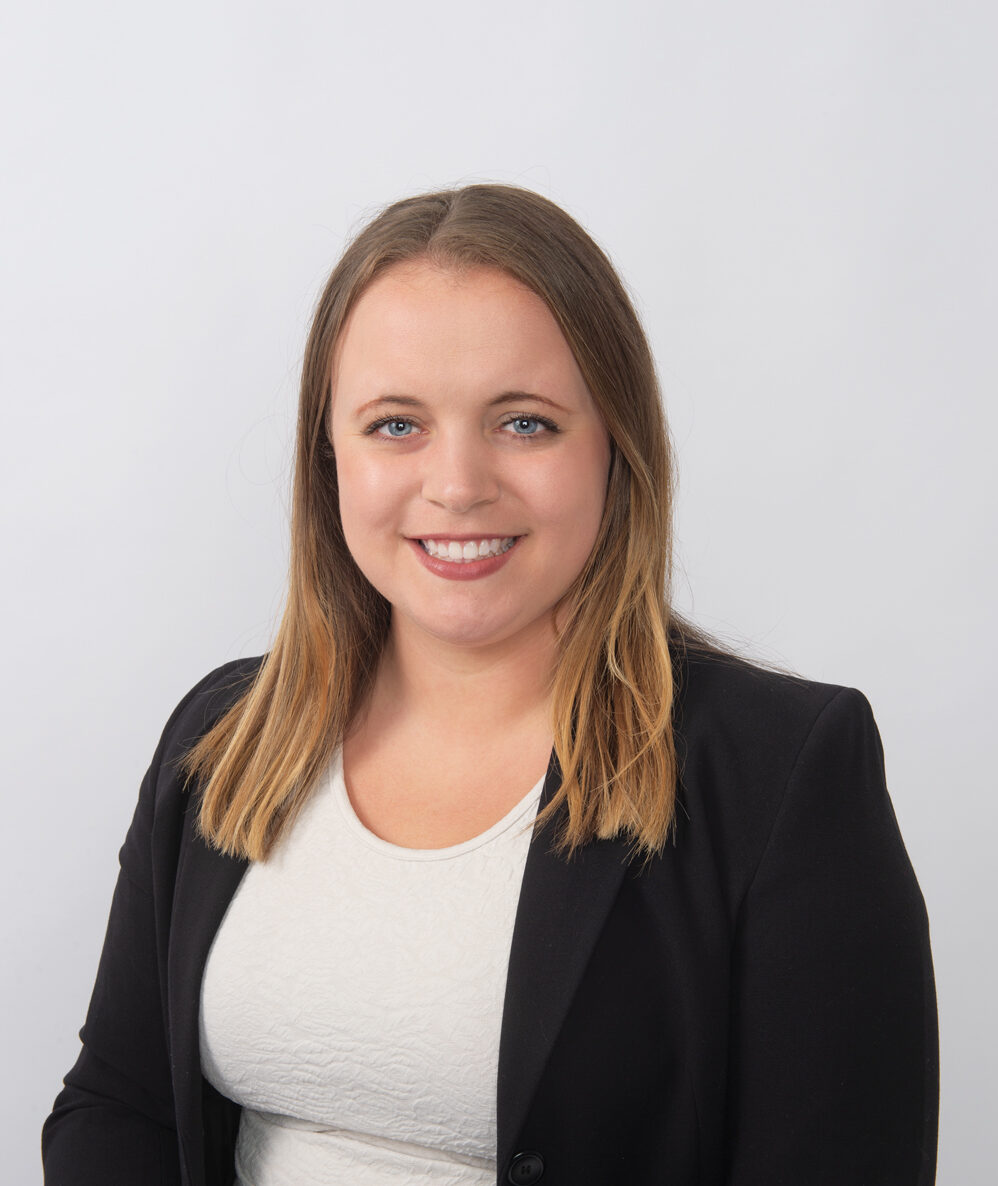
Emily Barske Wood Oct 11, 2024 | 6:00 am
4 min read time
953 wordsBusiness Record Insider, Diversity, Equity and Inclusion, HR and LeadershipEVENT DETAILS
Battle of the generations: How to thrive with a multigenerational workforce
Oct. 24, 2024 | 9 to 11 a.m. | Des Moines Heritage Center
Register here.
Earlier this year, the number of Generation Z employees surpassed baby boomer employees in the U.S. workforce, according to Glassdoor. Millennials will likely be the most represented generation in the labor market until sometime in the 2040s, and the Gen X employee count will rank second for some time yet.
What does this mean for leadership, organizational culture and the future of business? Our next Power Breakfast will focus on generational trends and demands leaders should know for the future.
Ahead of the event, we asked panelists to answer a couple of questions to give you a sense of what audience members might hear at the event.

Jay Byers, president, Simpson College
What do you think is an unfair generalization of your generation?
Throughout my career, I have heard a number of presentations and read a lot of articles about intergenerational dynamics in the workplace. The focus used to be on how to recruit, retain and work with millennials, along with the forthcoming mass retirement of baby boomers. The discussion has now shifted to focusing heavily on Gen Z. What I noticed is that Gen X, those of us born between 1965 and 1980, was and continues to be rarely mentioned.
As the generational makeup of the workforce changes, what implications do you think this will have for the business community?
With more and more Gen Xers now in top leadership positions in the public, private and nonprofit sectors, it is important for millennials and Gen Z to take the time to better understand the characteristics of Gen X and how best to interact with them both inside and outside of the workplace. It is also incumbent on Gen Xers to step up their game in becoming strong leaders in our communities and beyond.
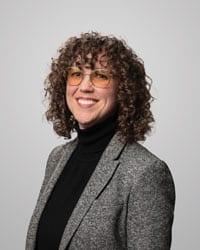
Liz Cooney, manager, inclusion, F&G
What do you think is an unfair generalization of your generation?
People often stereotype millennials as lazy, entitled and still in our 20s. The reality is, we have community outside of work and want to spend our time there, so we try to create and enforce boundaries. And we are now in our 40s and late 30s, and make up the largest percentage (more than one-third) of the current workforce.
As the generational makeup of the workforce changes, what implications do you think this will have for the business community?
I think we will continue to see more flexible workplaces, with hybrid and remote options, support for mental health, plus four-day workweeks. With Gen Z being the most diverse generation, diversity, equity and inclusion in the workplace is an expectation, and they seek out companies who are actively dedicated to it. Additionally, career growth and professional development opportunities are must-haves.
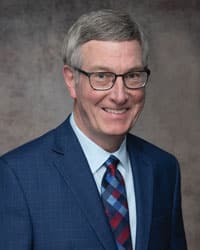
John Irving, president, Central Iowa Division, Tri-City Electric Co.
What do you think is an unfair generalization of your generation?
Boomers are called the wealthiest generation. While that is true for some as they get older and their net worth grows, there are many who have not had the same privileges and advantages and are struggling to get by and worry about their future more as they approach retirement age.
As the generational makeup of the workforce changes, what implications do you think this will have for the business community?
Every generation brings a different culture, and companies need to be respectful of each generation’s cultures and understand how they may think differently. Most workforces consist of blended generations, so not everyone is going to think alike, and that is OK.
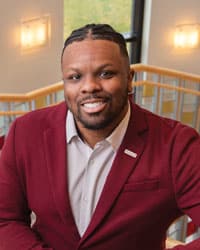
Skylar Mayberry-Mayes, executive director, the Jacobson Institute at Grand View University
What do you think is an unfair generalization of your generation?
One unfair generalization about millennials (Gen Y) is the assumption that they are impatient in their careers. However, conversations with them often reveal a stronger emphasis on career equity and fair opportunities. They understand that talent and potential should be valued over mere tenure, highlighting a desire for meaningful advancement rather than a race against the clock.
As the generational makeup of the workforce changes, what implications do you think this will have for the business community?
As the generational makeup of the workforce evolves, it will significantly impact the business community, especially in terms of talent attraction. Companies will need to prioritize workplace autonomy, provide continuous learning opportunities and ensure their values align with those of potential employees.
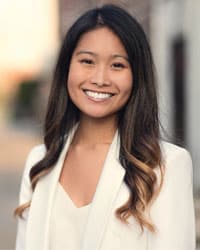
Linda Tong, founder, Linda Tong Planners
What do you think is an unfair generalization of your generation?
Gen Z can be perceived as lazy, unmotivated or sensitive. Every generation grows up differently and each one comes with its unfair generalizations. I grew up constantly hearing that I was lazy when I was just taking a break from schoolwork. I sometimes hear that we are sensitive when we are just expressing our emotions and standing up for ourselves. We live in a time where we don’t tolerate unhealthy behaviors and treatment from others, and I think that is a great thing. Nowadays we prioritize our mental health and well-being over stifling how we feel and burying it.
As the generational makeup of the workforce changes, what implications do you think this will have for the business community?
I think there will be a shift in the mental load between work life and personal life. Hopefully we can reach a point where we can truly leave work “at work” and people can come home to focus on themselves, their families or hobbies. Businesses can look to focus on longevity and well-being of their employees, and that will contribute to the environment of their company.

Emily Barske Wood
Emily Wood is special projects editor at Business Record. She covers nonprofits and philanthropy, HR and leadership, and diversity, equity and inclusion.




